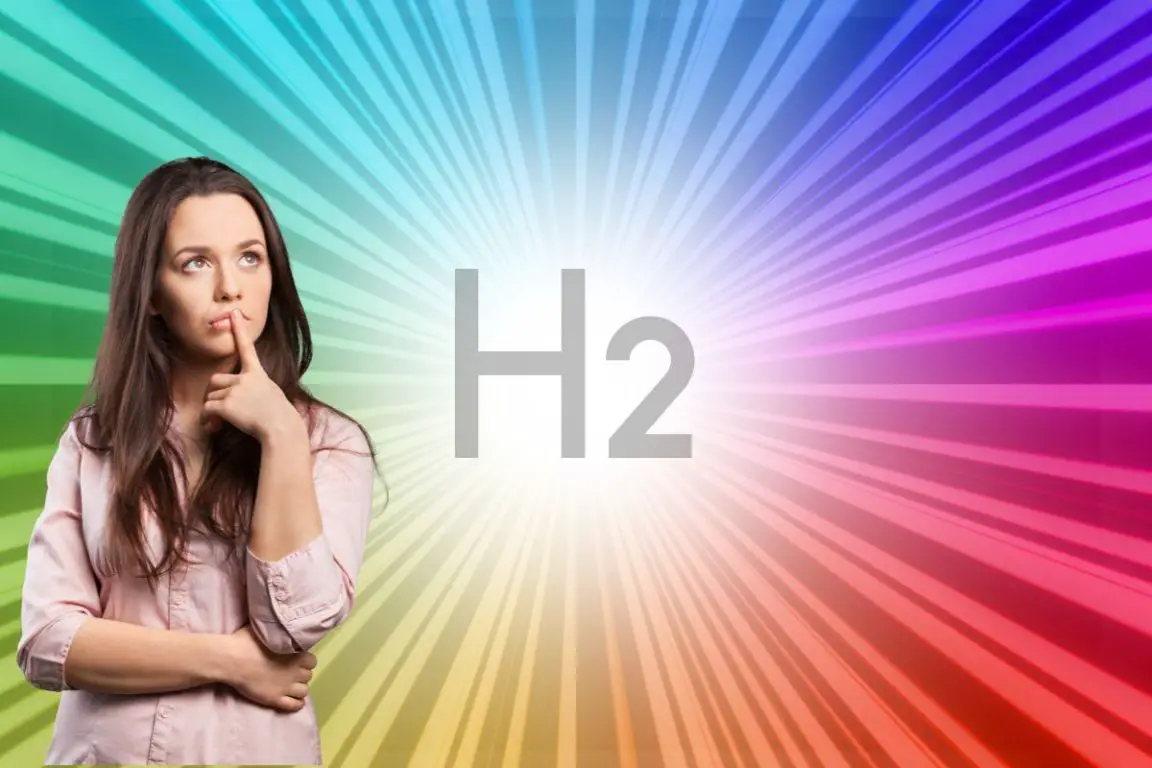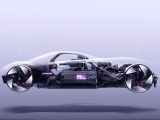
Can you extract hydrogen gas from the air?
May 25, 2024Researchers are always looking for cleaner and greener ways to source H2
While hydrogen gas can be a very clean fuel in that it can power zero-emission vehicles, machinery and generators, its production is not necessarily the most emission-free process.
Seeking a zero-carbon supply chain
Among the cleanest ways to produce hydrogen gas for use in fuel cells and H2 internal combustion engines is to use renewable energy (from sources such as wind and solar) to power electrolysis, which splits water molecules into hydrogen and oxygen.
That said, to do this, renewable energy, fresh water and electrolyzers are required. At the moment, this is not the most cost-effective or space-saving method of powering vehicles, machinery and generators. Therefore, far more polluting methods of H2 production remain the top ways to obtain it. Mainly, this means grey H2, which involves burning natural gas and leaving the carbon emissions unabated.
Decarbonization requires better sources of hydrogen gas
However, with climate change already wreaking havoc on our planet, and decarbonization of being a high priority in countries around the globe, finding new ways to cleanly obtain hydrogen gas.

Massive investments have been made into green H2, as well as pink and red H2 (forms of nuclear-powered hydrogen production). More recently, natural sources of white H2 (underground deposits) are being discovered in the hopes of tapping them.
That said, as the most common element in the universe, many scientists are hoping to simply grab it from the air around us.
More easily said than done
 Among the largest challenges – of which there are many – in obtaining hydrogen gas from the air is that it is not only common but exceptionally light. In fact, it is the lightest element. Therefore, when released into the air, it rapidly rises up and through the atmosphere, leaving our reach from the Earth.
Among the largest challenges – of which there are many – in obtaining hydrogen gas from the air is that it is not only common but exceptionally light. In fact, it is the lightest element. Therefore, when released into the air, it rapidly rises up and through the atmosphere, leaving our reach from the Earth.
This hasn’t stopped many scientists, though. There are a number of projects underway seeking to obtain H2 from the air around us if possible. Among them, the University of Melbourne has had a team of researchers that developed a Direct Air Electrolyzer (DAE) that drains water from the air and sends it through electrolysis. Their research was published in the Nature journal. Though far from ready for widespread use, it offers an additional glimpse into some of the many ways hydrogen gas may one day be obtained to power the world.



 With over 15 years of reporting hydrogen news, we are your premier source for the latest updates and insights in hydrogen and renewable energy.
With over 15 years of reporting hydrogen news, we are your premier source for the latest updates and insights in hydrogen and renewable energy.